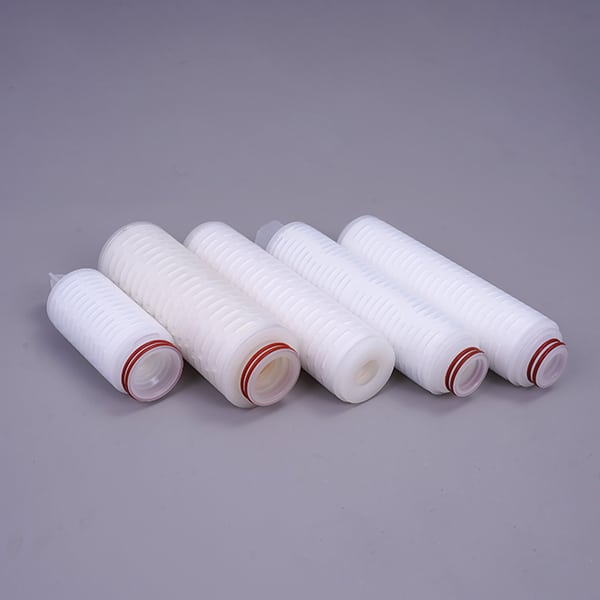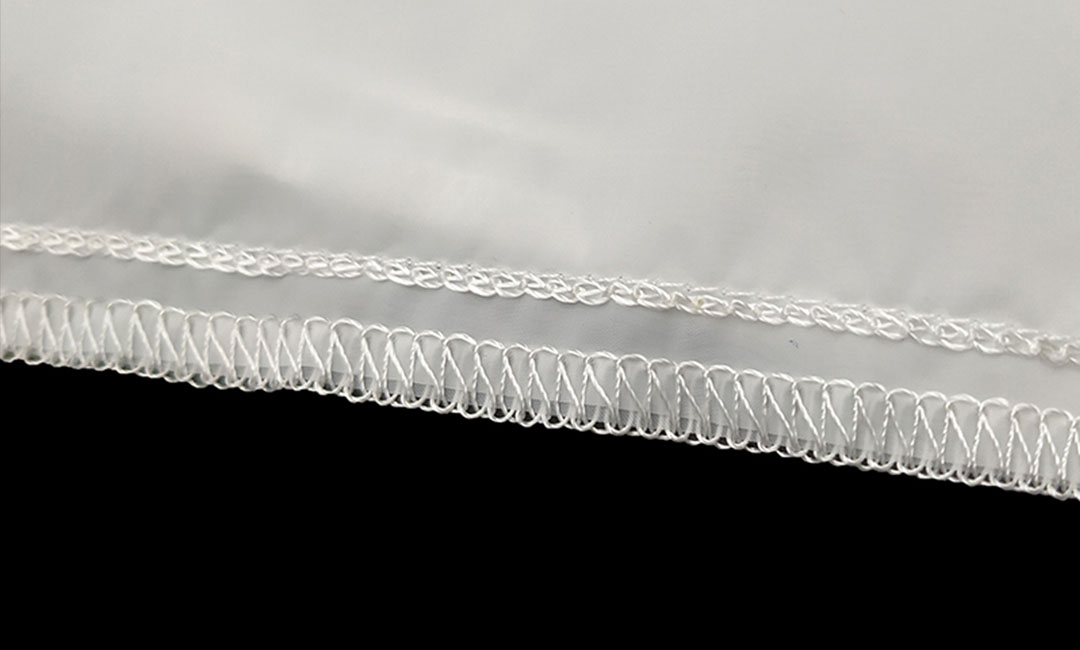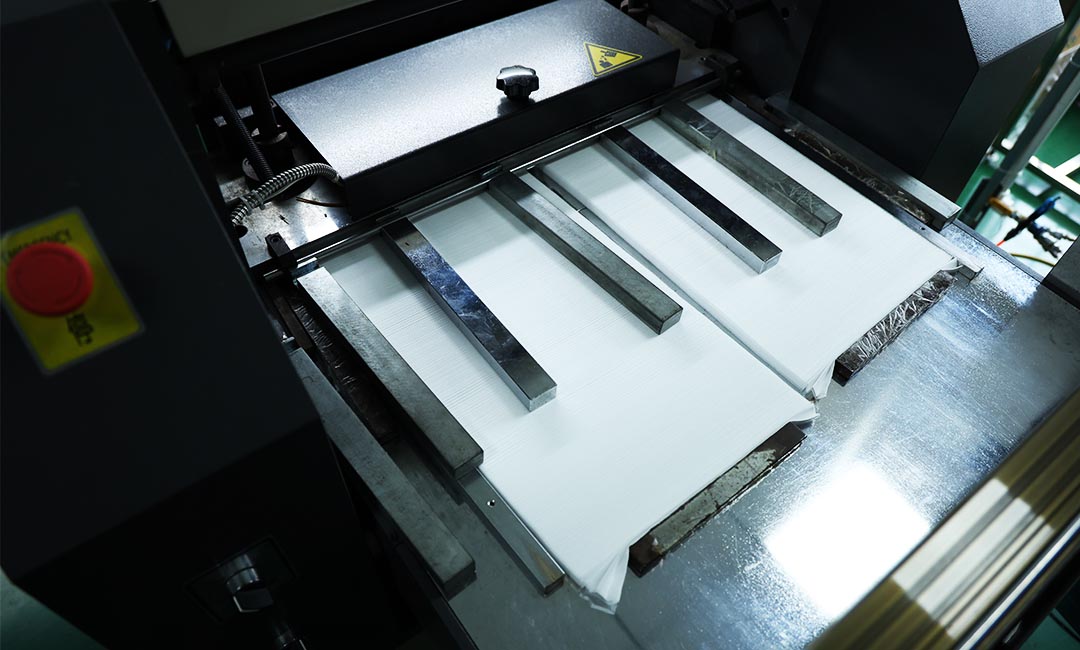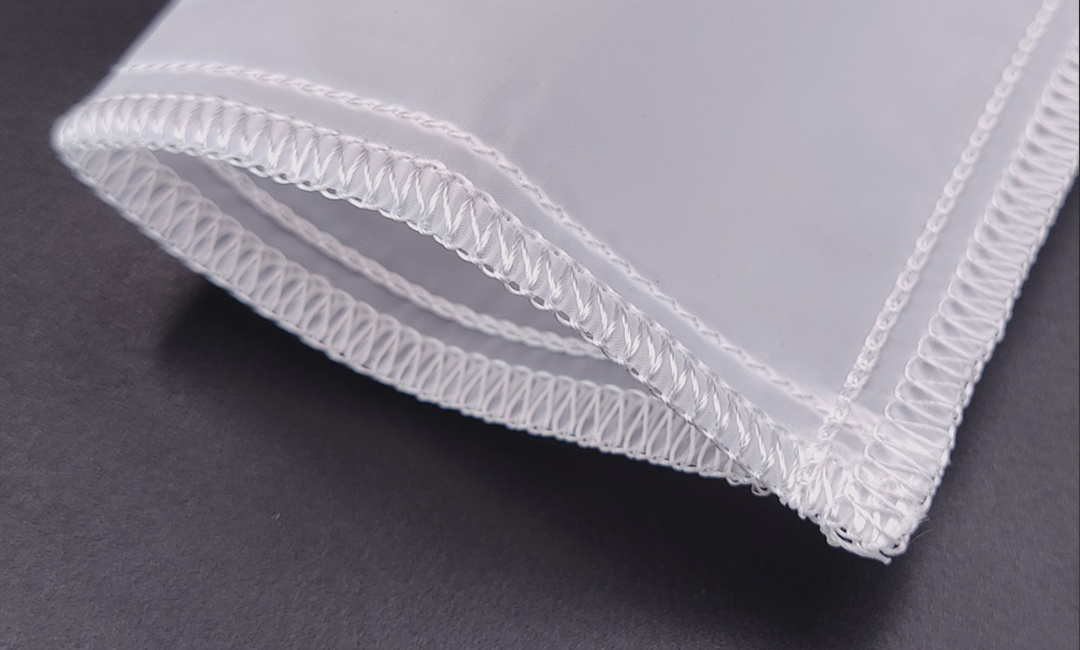
Why Pressing Rosin Without a Bag Can Impact Quality
Increased Contaminants
Pressing rosin without a bag can significantly impact the quality of the final product, particularly in terms of increased contaminants. When rosin is extracted using a bag, the material serves as a filter, effectively trapping unwanted particles and impurities that could otherwise compromise the purity of the concentrate. Without this protective barrier, the risk of contaminants entering the rosin increases, leading to a less desirable end product.
One of the primary concerns when pressing rosin without a bag is the introduction of plant material into the final extract. During the pressing process, heat and pressure are applied to the cannabis flower or hash, causing the trichomes to burst and release their resinous content. However, without a bag to contain the plant matter, small bits of leaf, stem, and other debris can easily mix with the rosin. This not only affects the aesthetic quality of the concentrate but can also alter its flavor profile, resulting in a harsher taste that detracts from the overall experience.
Moreover, the presence of these contaminants can have implications for the chemical composition of the rosin. When plant material is included in the extraction, it can introduce additional compounds that may not be desirable. For instance, chlorophyll, which is responsible for the green color of plants, can leach into the rosin, imparting a bitter taste and potentially affecting the therapeutic properties of the concentrate. This is particularly concerning for consumers who seek specific effects or flavors from their rosin, as the presence of unwanted compounds can dilute the intended experience.

In addition to plant material, pressing rosin without a bag can also lead to the inclusion of residual solvents or pesticides that may be present on the surface of the cannabis. While high-quality cannabis should ideally be free from such contaminants, the reality is that not all products are cultivated with the same level of care. When these substances are inadvertently pressed into the rosin, they can pose health risks to consumers. Therefore, using a bag not only helps to filter out unwanted plant material but also serves as a safeguard against potential chemical contaminants.

Furthermore, the absence of a bag can affect the overall yield and efficiency of the extraction process. When plant material is allowed to mix with the rosin, it can absorb some of the valuable terpenes and cannabinoids, leading to a lower yield of pure extract. This inefficiency not only diminishes the quantity of the final product but also impacts its quality, as the most desirable compounds may be lost in the process. Consequently, producers who prioritize quality should consider the use of bags as an essential component of their rosin extraction method.
In conclusion, pressing rosin without a bag can lead to increased contaminants that compromise the quality of the final product. The introduction of plant material, residual solvents, and pesticides can negatively affect both the flavor and safety of the concentrate. Additionally, the lack of a filtering mechanism can result in lower yields and diminished potency. For those who value purity and quality in their rosin, utilizing a bag during the pressing process is not merely a recommendation but a crucial step in ensuring a clean and enjoyable product. By prioritizing this practice, producers can enhance the overall experience for consumers, delivering a concentrate that truly reflects the essence of the cannabis plant.
Loss of Terpenes
When it comes to pressing rosin, the use of a filter bag is a common practice among many extractors. These bags are typically made of nylon or polyester mesh and are used to contain the cannabis material during the pressing process. While filter bags can help to prevent plant material from contaminating the rosin, some extractors choose to press without a bag in order to maximize terpene retention and overall quality of the final product.
One of the main reasons why pressing rosin without a bag can impact quality is the loss of terpenes. Terpenes are the aromatic compounds found in cannabis that give each strain its unique flavor and aroma profile. When cannabis material is pressed without a bag, the terpenes are more likely to be squeezed out along with the rosin, resulting in a loss of flavor and aroma in the final product.
Additionally, pressing rosin without a bag can also lead to a decrease in overall yield. Without a filter bag to contain the plant material, more of the rosin can be lost during the pressing process. This can be especially problematic for extractors who are looking to maximize their yield and produce as much rosin as possible from their starting material.
Another potential issue with pressing rosin without a bag is the risk of contamination. When cannabis material is pressed without a filter bag, there is a higher likelihood of plant material coming into contact with the rosin. This can result in a lower quality final product that may contain impurities or contaminants that can affect the taste and overall experience of consuming the rosin.
Despite these potential drawbacks, some extractors choose to press rosin without a bag in order to preserve the full spectrum of cannabinoids and terpenes present in the cannabis material. By pressing without a bag, extractors believe that they can achieve a more flavorful and aromatic final product that better represents the strain being pressed.

However, it is important to note that pressing rosin without a bag requires a higher level of skill and experience in order to achieve consistent results. Without a filter bag to contain the plant material, extractors must be careful to apply the right amount of pressure and heat to ensure that the rosin is extracted properly without losing too many terpenes or cannabinoids in the process.
In conclusion, while pressing rosin without a bag can have its benefits in terms of preserving terpenes and cannabinoids, it also comes with potential drawbacks such as loss of terpenes, decreased yield, and risk of contamination. Extractors who choose to press without a bag should be aware of these factors and take extra care to ensure that they are producing a high-quality final product. Ultimately, the decision to press rosin with or without a bag will depend on the extractor’s preferences and goals for their final product.
Lower Yield
Pressing rosin without a bag may seem like a convenient shortcut for some, but it can actually have a significant impact on the quality of the final product. One of the main drawbacks of pressing rosin without a bag is the lower yield that is typically achieved. When rosin is pressed without a bag, the plant material is directly exposed to the heat and pressure of the press, which can lead to a loss of valuable cannabinoids and terpenes.
The use of a bag when pressing rosin helps to contain the plant material and prevent it from being exposed to excessive heat and pressure. This allows for a more controlled extraction process, resulting in a higher yield of cannabinoids and terpenes. Without a bag, the plant material can become overheated and damaged, leading to a lower overall yield of rosin.
In addition to lower yield, pressing rosin without a bag can also impact the quality of the final product. When plant material is directly exposed to the heat and pressure of the press, it can release unwanted contaminants into the rosin. These contaminants can affect the flavor, aroma, and overall quality of the rosin, making it less desirable for consumers.
Using a bag when pressing rosin helps to filter out any unwanted contaminants and impurities, resulting in a cleaner and more pure final product. The use of a bag also helps to preserve the natural flavors and aromas of the plant material, resulting in a more flavorful and aromatic rosin.
Another factor to consider when pressing rosin without a bag is the potential for plant material to become trapped in the press. Without a bag to contain the plant material, it can easily become stuck in the press, making it difficult to extract the rosin. This can lead to a messy and inefficient extraction process, resulting in a lower overall yield of rosin.
Using a bag when pressing rosin helps to prevent plant material from becoming trapped in the press, making for a more efficient and effective extraction process. The use of a bag also helps to ensure that all of the rosin is properly extracted, resulting in a higher yield of quality rosin.
In conclusion, pressing rosin without a bag can have a negative impact on both the yield and quality of the final product. Using a bag when pressing rosin helps to prevent plant material from being exposed to excessive heat and pressure, resulting in a higher yield of cannabinoids and terpenes. The use of a bag also helps to filter out unwanted contaminants and impurities, resulting in a cleaner and more pure final product. Additionally, using a bag helps to prevent plant material from becoming trapped in the press, making for a more efficient and effective extraction process. Overall, using a bag when pressing rosin is essential for achieving a high-quality and high-yield final product.
Decreased Potency
Rosin extraction has become increasingly popular among cannabis enthusiasts due to its simplicity and effectiveness in producing high-quality concentrates. One common debate within the rosin community is whether or not to use a filter bag during the pressing process. While some argue that using a filter bag can help to prevent plant material from contaminating the final product, others believe that pressing rosin without a bag can actually result in a higher quality concentrate. In this article, we will explore why pressing rosin without a bag can impact the quality of the final product, specifically in terms of decreased potency.
When pressing rosin without a filter bag, the plant material is directly exposed to the heat and pressure of the press. This can result in a more efficient extraction process, as the cannabinoids and terpenes are able to be squeezed out more easily without the barrier of a filter bag. However, this direct contact with the heat and pressure can also lead to the degradation of these compounds, ultimately decreasing the potency of the final product.
Cannabinoids, such as THC and CBD, are sensitive to heat and pressure, and can easily degrade when exposed to these elements for an extended period of time. When pressing rosin without a filter bag, the plant material is subjected to high temperatures and intense pressure, which can cause the cannabinoids to break down and lose their potency. This can result in a concentrate that is less potent and less effective in producing the desired effects.
In addition to decreased potency, pressing rosin without a filter bag can also impact the overall flavor and aroma of the final product. Terpenes, which are responsible for the unique flavors and aromas of cannabis strains, are also sensitive to heat and pressure. When the plant material is pressed without a filter bag, the terpenes can be lost or degraded, resulting in a concentrate that lacks the complex flavors and aromas that are characteristic of high-quality rosin.
Furthermore, pressing rosin without a filter bag can also lead to a less consistent final product. Without the barrier of a filter bag to help contain the plant material, it is more difficult to control the extraction process and ensure that all of the cannabinoids and terpenes are being extracted evenly. This can result in a concentrate that is uneven in potency and flavor, making it less desirable for consumers who are looking for a consistent and high-quality product.
In conclusion, while pressing rosin without a filter bag may result in a more efficient extraction process, it can also lead to a decrease in potency, flavor, and consistency in the final product. By using a filter bag during the pressing process, cannabis enthusiasts can help to protect the cannabinoids and terpenes from degradation, resulting in a higher quality concentrate that is more potent, flavorful, and consistent. Ultimately, the decision to use a filter bag when pressing rosin is a personal one, but it is important to consider the potential impact on the quality of the final product when making this choice.

